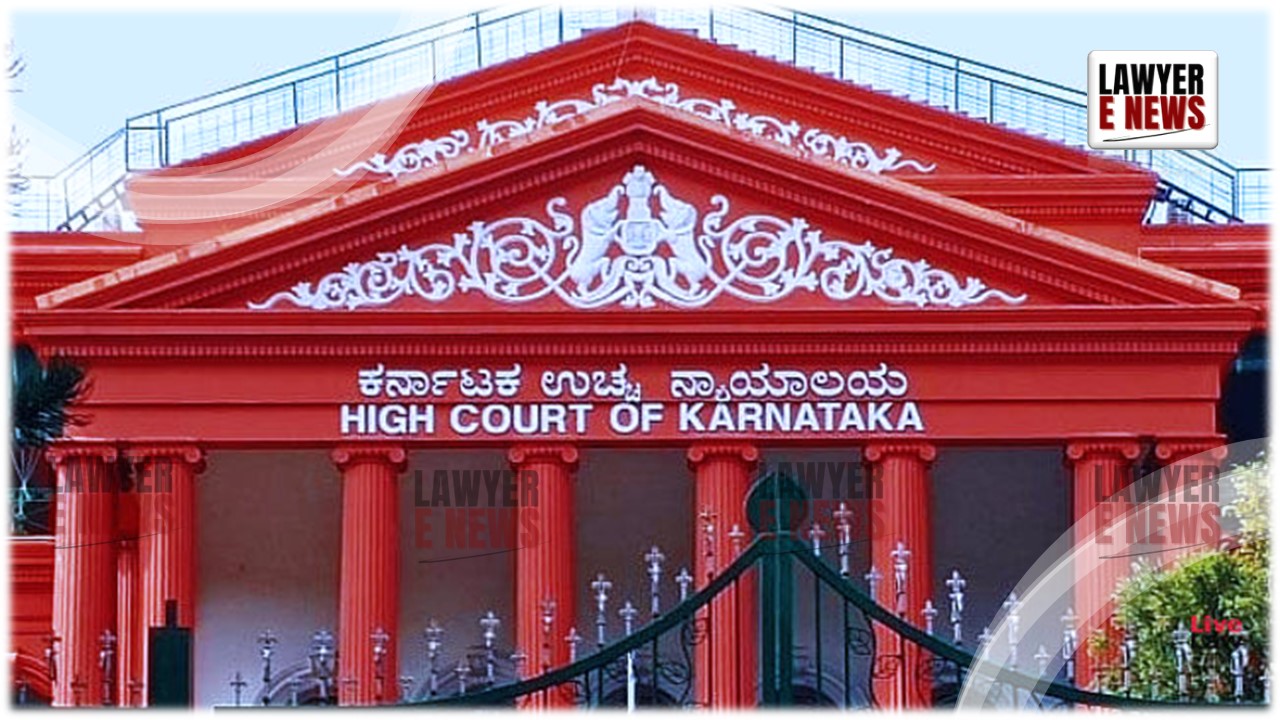-
by Admin
15 February 2026 5:35 AM



Karnataka High Court, in S. Basavaraj v. Bar Council of India & Others, quashed a gag order imposed by the Bar Council of India on advocates of the Karnataka State Bar Council. The order had restrained advocates from making public statements regarding alleged mismanagement and corruption within the Bar Council. The High Court ruled that such a gag order violated the advocates' fundamental right to free speech, noting that the Bar Council lacked the statutory authority to impose such restrictions.
S. Basavaraj, a senior advocate, filed a writ petition challenging the Bar Council of India's April 2024 order, which prohibited members of the Karnataka State Bar Council and other advocates from speaking publicly about allegations of mismanagement during a State Level Advocates Conference held in August 2023. The Bar Council had initiated a probe into these allegations but simultaneously imposed a gag order to prevent further damage to the council's reputation.
Violation of Free Speech: The court emphasized that the gag order infringed upon the advocates' fundamental right to free speech under Article 19(1)(a) of the Constitution, which can only be restricted by law and not by a statutory body like the Bar Council of India.
Lack of Statutory Authority: The court found that the Bar Council's powers of "general supervision and control" over State Bar Councils did not include the authority to impose gag orders on advocates. The court observed that gag orders could only be issued by courts, and only in cases where it is necessary to prevent substantial risks to the fairness of a trial.
Procedural Fairness: The court criticized the Bar Council for acting beyond its legal mandate, ruling that its actions were "de hors" the law. The Bar Council had overstepped its role by trying to suppress public discourse on matters of corruption without proper legal justification.
The High Court quashed the Bar Council of India's gag order, declaring it unconstitutional and unsustainable. The court reaffirmed the importance of free speech and transparency within the legal profession and emphasized that only courts could impose such restrictions in accordance with the law.
This judgment reinforces the protection of advocates' right to free speech and limits the powers of statutory bodies like the Bar Council from infringing on constitutional rights. The decision ensures that public discussions on issues of professional ethics and misconduct within the legal community remain open.
Date of Decision: September 27, 2024
S. Basavaraj v. Bar Council of India & Others.
